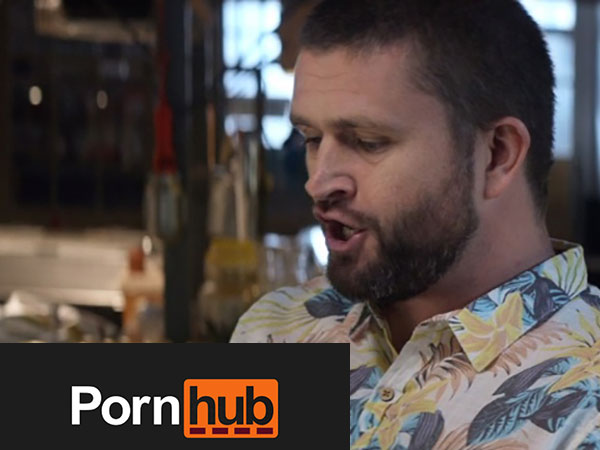UK Gov’t. Filtering Survey Leaks Personal Information
YNOT EUROPE – The UK government’s attempt to solicit public opinion about plans to filter controversial websites became even more controversial itself when the website hosting the survey exposed respondents’ personal information. Within days of launch, the website was taken down and revamped to secure private data.
The Department of Education-administered site survey sought public input about automatically filtering material that could be harmful to children. Visitors were asked to express their views about myriad subjects including explicit sexuality, what responsibilities parents should assume for monitoring their children, cyber-bullying and censorship. Aggregated results were intended to be public; names, email addresses and encrypted passwords were not.
After completing the survey, participants reported that instead of seeing a page with their own answers, they were forwarded to a page with other users’ responses.
The site was re-enabled by July 3.
According to an unnamed spokeswoman in the office of Britain’s Information Commissioner, an investigation is underway to determine what went wrong. Whether the problem resulted from a flaw in the site’s design or engineering or was the work of hackers is unknown; however, the incident represents a major violation of the Data Protection Act of 1998, which regulates how data is collected, held, processed and disposed of. The government website broke the rule pertaining to protection by appropriate security, one of eight principles of the act.
The debacle arose at a particularly inopportune time for the government, raising questions about credibility on technology issues at a time when the government is considering forcing internet service providers to censor consumers’ internet access.
In addition to automatically blocking access to sexually explicit materials, the proposals currently before members of Parliament and communications commissioners include provisions for limiting access to gambling sites, forums that encourage suicide and eating disorders, and user-uploaded depictions of violence. The government has asked the public to weigh in on whether broadband ISPs should be forced to block any content at all. If consumers approve of automatic blocking, the government also wishes to know what kinds of materials should be blocked and under what circumstances individuals might be allowed to unblock part or all of the restricted material.
Currently, the only broadband ISP that offers customers an option to block online pornography at the network level is TalkTalk, which has been both criticized and praised for its efforts.
Comments are closed.






